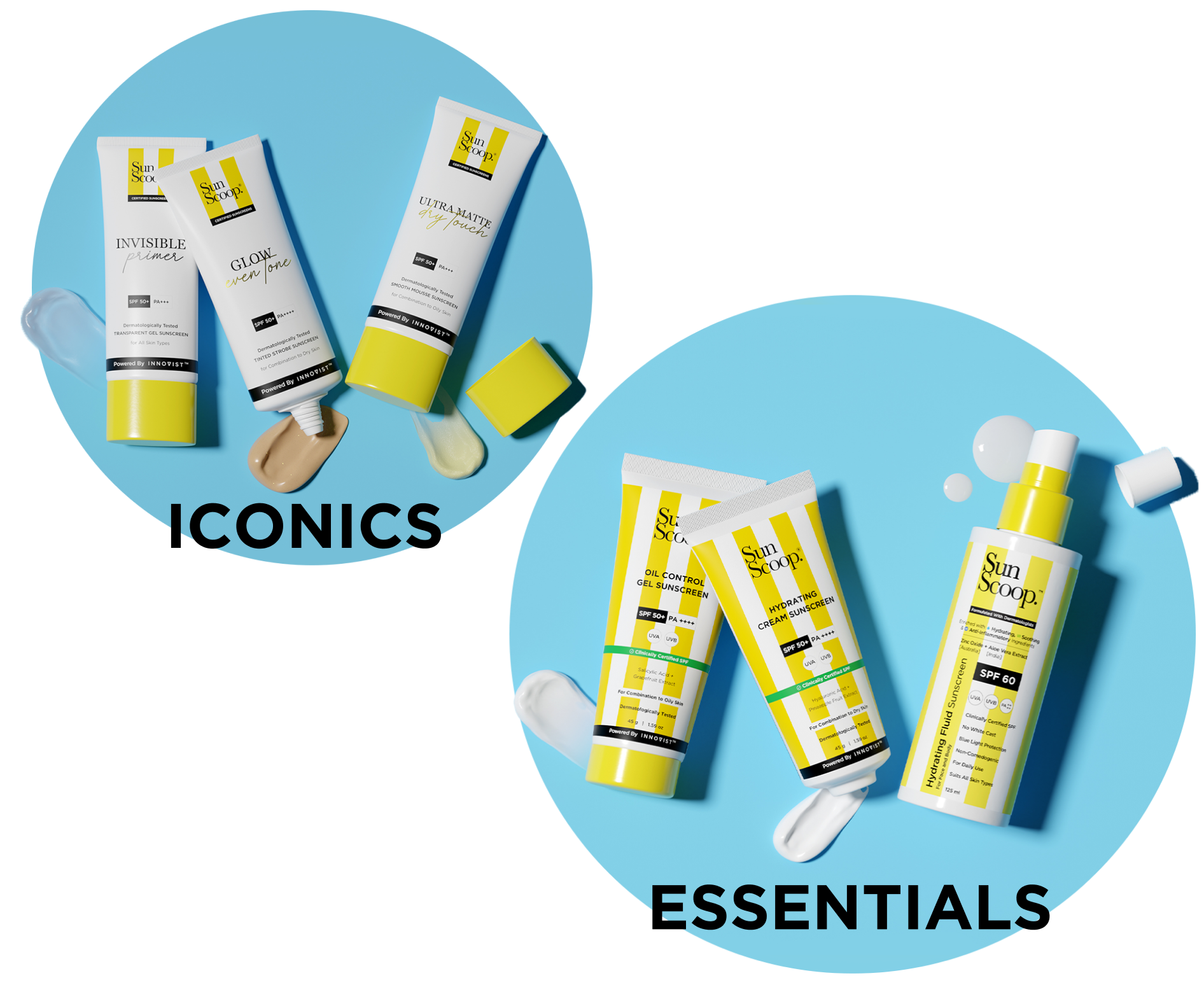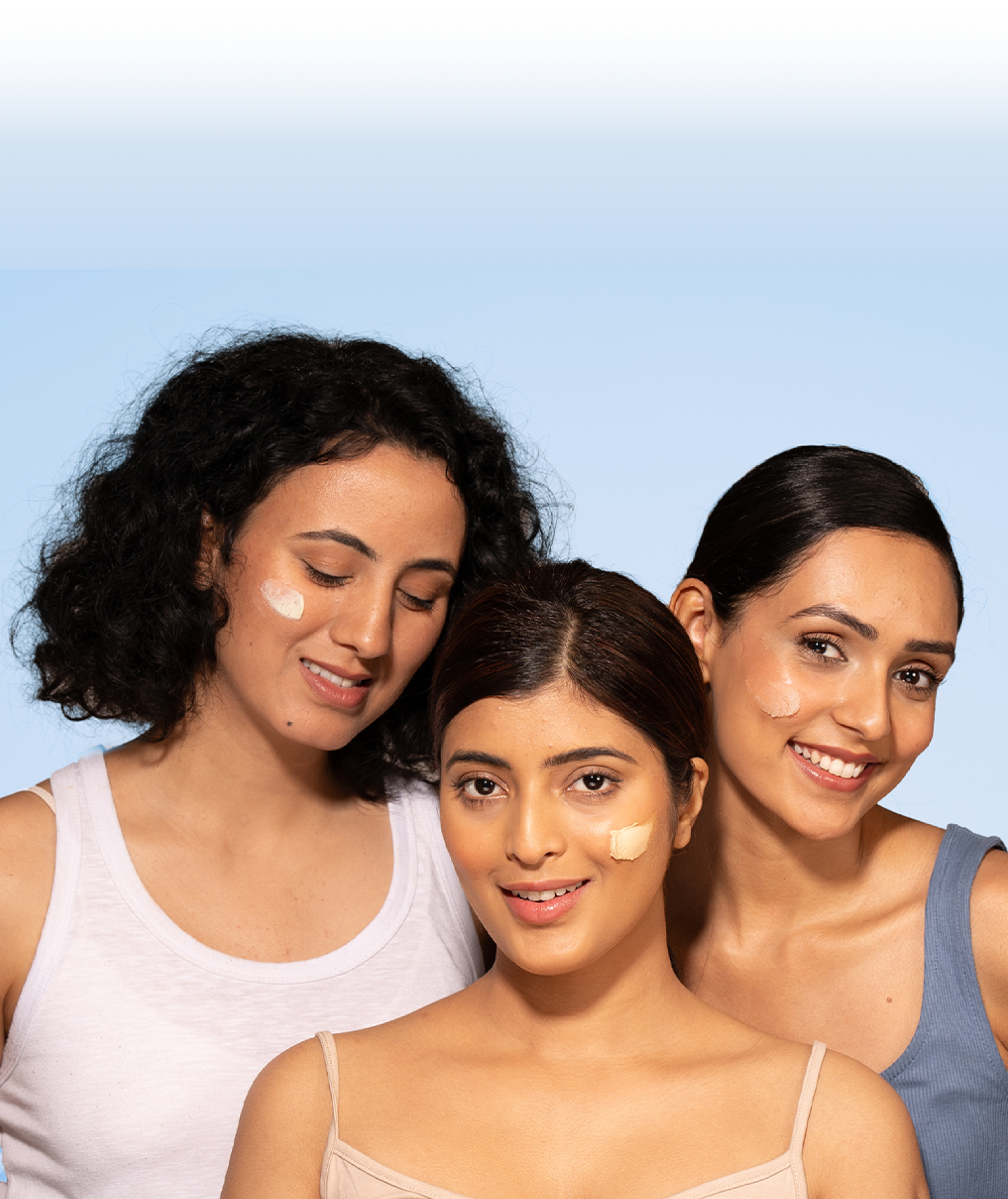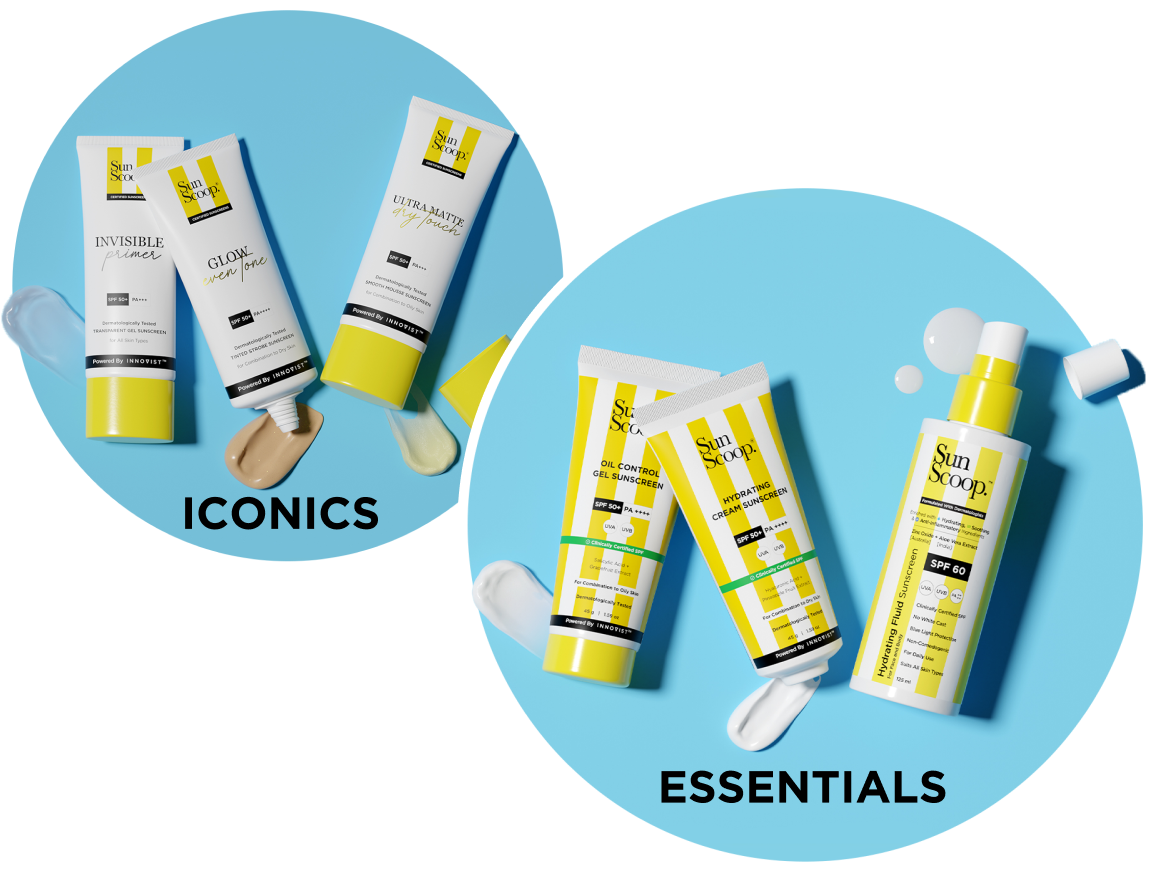- Proven Efficacy
- Clinically Certified
- Dermatologically Approved
- Proven Efficacy
- Clinically Certified
- Dermatologically Approved
- Proven Efficacy
- Clinically Certified
- Dermatologically Approved
- Proven Efficacy
- Clinically Certified
- Dermatologically Approved
WEAR. SUNSCREEN. DAILY.
Shop By Skin Type
FIND YOUR IDEAL MATCH
Favorite Sunnies
Shop By Format
BECOME A SCOOPER
.
-
 Wear. sunscreen. daily
Wear. sunscreen. daily -
 Wear. sunscreen. daily
Wear. sunscreen. daily -
 Wear. sunscreen. daily
Wear. sunscreen. daily -
 Wear. sunscreen. daily
Wear. sunscreen. daily -
 Wear. sunscreen. daily
Wear. sunscreen. daily -
 Wear. sunscreen. daily
Wear. sunscreen. daily -
 Wear. sunscreen. daily
Wear. sunscreen. daily -
 Wear. sunscreen. daily
Wear. sunscreen. daily -
 Wear. sunscreen. daily
Wear. sunscreen. daily -
 Wear. sunscreen. daily
Wear. sunscreen. daily -
 Wear. sunscreen. daily
Wear. sunscreen. daily -
 Wear. sunscreen. daily
Wear. sunscreen. daily
FAQs on Sunscreen
Sunscreen is a crucial protective product that shields the skin against harmful ultraviolet (UV) radiation. Sunscoop offers various kinds of spf sunscreen such as sunscoop invisible sunscreen,face sunscreen,body sunscreen, and sunscreen roll-on which cater all skin types and come in various SPF leves including sunscreen spf 50, spf 40, spf 60.
For dry skin, it is ideal to choose a sunscreen that provides both sun protection and hydration. Look for moisturizing sunscreens specifically formulated for dry skin. Sunscoop's hydrating fluid sunscreen spf 60is a hydrating formulation which caters your dry skin and leaves no white caste
The best SPF sunscreen depends on individual needs and skin type. SPF (Sun Protection Factor) indicates how long a sunscreen can protect the skin from UVB rays. For everyday use, SPF 30 or higher is generally recommended by dermatologists. Higher SPFs provide only marginal benefits.



































